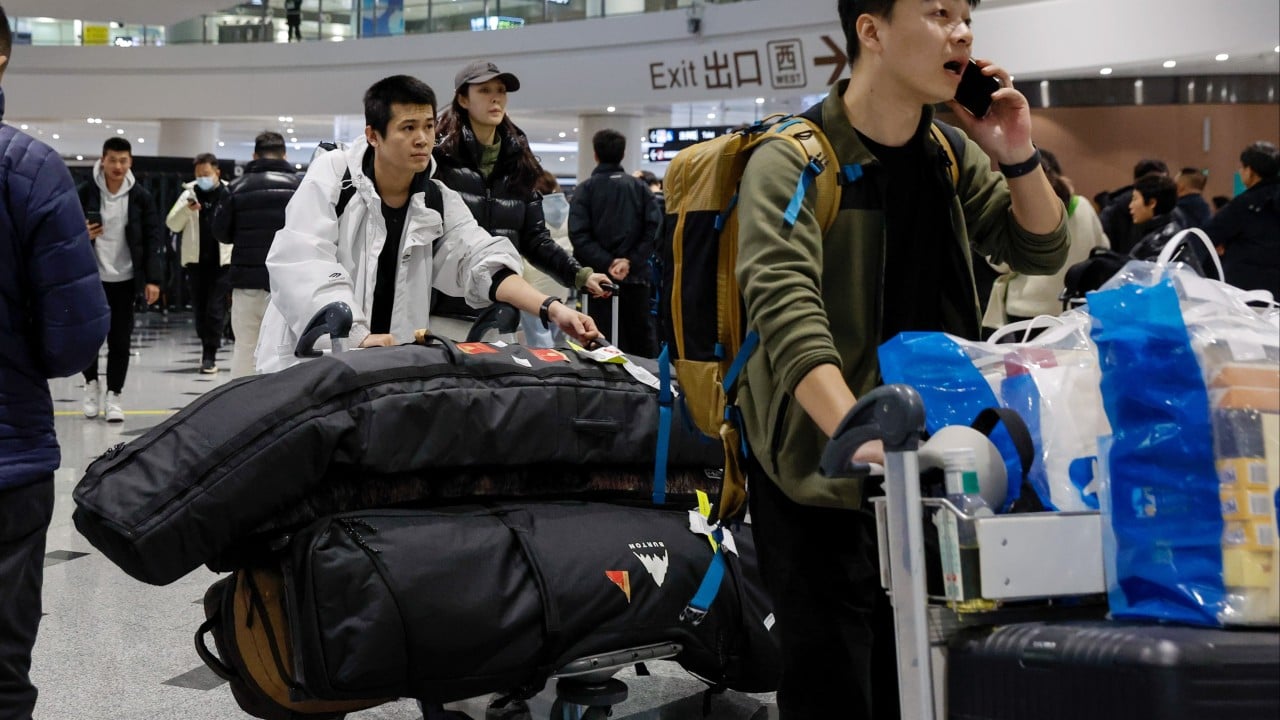Until this year, working – much less living – in the United States had never crossed Daniel Mai’s mind.
Advertisement
The idea only took hold after he had set up production lines for apparel in California and a cross-border e-commerce company to service them, establishing a foothold in the American market in preparation for the tariffs on Chinese goods he saw as inevitable.
Mai, a seasoned businessman previously based in Guangdong province, runs his US operations on an L-1A visa. The temporary status is granted when a US employer wishes to transfer employees of its foreign offices stateside, or a foreign company meeting certain conditions sends a manager to establish a satellite firm.
After his positive experiences in the US – the rate of profit, he said, is higher than several emerging markets – Mai decided to begin the application process for an EB-1C visa. The permanent worker status, reserved for managers and executives, would be a next step to obtaining a green card and gradually relocating his two children.
“Many people opposed my decision to build plants in the US, including my family,” Mai said. “But it turned out to be the right choice,” he added, particularly as Donald Trump’s second term as president approaches.
Advertisement
“I had never come to the US before this year, nor had I considered immigration. But now, it is on the agenda.”

